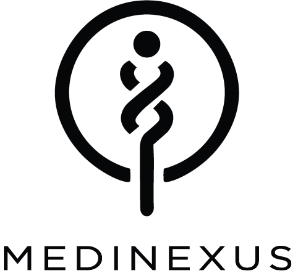DOI: https://doi.org/10.5935/abc.20170158
Carlos Eduardo Cabral 1, Márcia Regina Simas Torres Klein 1 2
1Divisão de Nutrição – Hospital Universitário Pedro Ernesto – Universidade do Estado do Rio de Janeiro (UERJ); 2Departamento de Nutrição Aplicada – Instituto de Nutrição – Universidade do Estado do Rio de Janeiro, Rio de Janeiro, RJ – Brazil
Abstract
Phytosterols are bioactive compounds found in foods of plant origin, which can be divided into plant sterols and plant stanols. Clinical studies consistently indicate that the intake of phytosterols (2 g/day) is associated with a significant reduction (8-10%) in levels of low-density lipoprotein cholesterol (LDL-cholesterol). Thus, several guidelines recommend the intake of 2 g/day of plant sterols and/or stanols in order to reduce LDL-cholesterol levels. As the typical western diet contains only about 300 mg/day of phytosterols, foods enriched with phytosterols are usually used to achieve the recommended intake. Although phytosterols decrease LDL-cholesterol levels, there is no evidence that they reduce the risk of cardiovascular diseases; on the contrary, some studies suggest an increased risk of atherosclerosis with increasing serum levels of phytosterols. This review aims to address the evidence available in the literature on the relationship between phytosterols and risk of cardiovascular disease.
Keywords: Cardiovascular Diseases; Phytosterols; Atherosclerosis; Cholesterol, LDL


